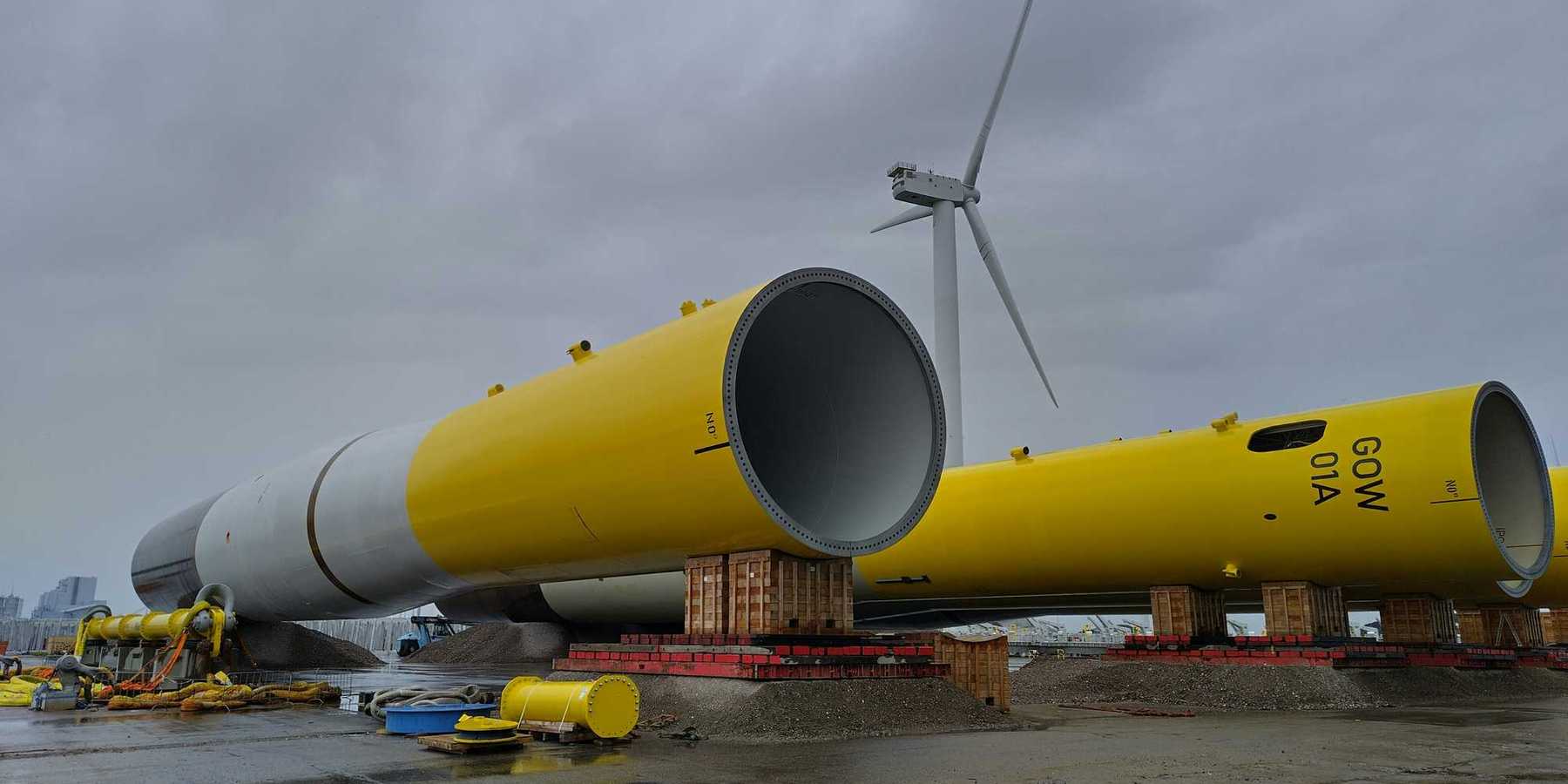Leaving rainforests alone allows them to regrow rapidly and capture vast amounts of carbon
Allowing rainforests to regrow naturally instead of replanting them could capture significant carbon and boost biodiversity, according to recent research.
In short:
- An international study found that 830,000 square miles of deforested tropical land could recover naturally if left undisturbed, potentially sequestering 23.4 gigatons of carbon over 30 years.
- Regrowth success depends on soil health, proximity to intact forests, and an end to intensive agriculture or cattle grazing on these lands.
- Natural regrowth provides resilience through biodiversity, supporting ecosystems better than single-species plantings.
Key quote:
“Organic carbon, as any person who loves composting knows, really helps the soil to be nutritious and bulk itself up in terms of its ability to hold water. We found that places with soils like that are much more likely to have forests pop up.”
— Matthew Fagan, conservation scientist and geographer at the University of Maryland, Baltimore County
Why this matters:
Natural rainforest regrowth could play a key role in global carbon reduction strategies, contributing to reforestation goals like the Bonn Challenge. This low-cost approach is especially critical as climate change stresses ecosystems, making diverse, resilient forests essential for long-term sustainability.













